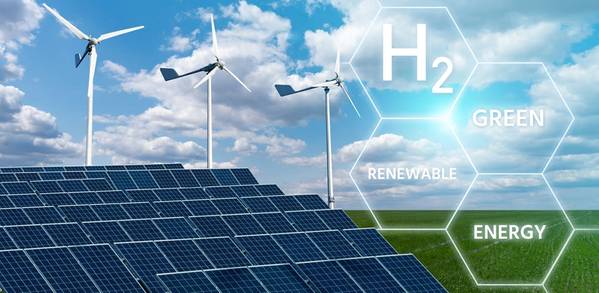
Commodities specialist Trafigura has published new research highlighting the vital role that hydrogen-based fuels will play in decarbonising shipping – and the enormous potential for countries in the Global South (Africa, Asia and South America) to produce green ammonia and green methanol.
The research estimates the Global South could produce almost 4,000 exajoules per year of competitively priced green hydrogen, against projected annual shipping demand of 20 to 40 exajoules.
Well positioned nations include Argentina, Brazil, Chile, Colombia, Egypt, India and Morocco. These countries have access to abundant sources of renewable energy that could be used to produce green hydrogen – the main feedstock needed to produce electrofuels.
“This could provide developing countries with the chance to develop new export industries and create thousands of skilled jobs,” said Margaux Moore, co-author and Head of Energy Transition Research and Venture Investments at Trafigura. “It will, however, only be realised if the shipping industry can agree on ambitious decarbonisation targets and, crucially, implement a global price on carbon for marine fuels.”
At US$2.00 per kilogram of green hydrogen, the estimated production costs of electrofuels in the Global South is approximately US$750 per tonne, whereas in Europe, with higher electricity prices, it would be closer to US$1,200 to US$1,500 per tonne.
The IMO could accelerate the development of these fuels by implementing demanding science-based decarbonisation targets in its revised GHG Strategy at MEPC 80 in July.
“Delaying action will only add to the eventual cost of decarbonisation. The IMO needs to decisively move forward to tackle the shipping industry’s emissions and start the journey to a sustainable and resilient future,” added Rasmus Bach Nielsen, Global Head of Fuel Decarbonisation at Trafigura and co-author of the whitepaper.
The authors call for the introduction of a carbon levy by 2025. “Not only would this help stimulate demand for electrofuels, but the revenue generated through a price on carbon could be used to support projects and infrastructure in the Global South and guarantee that no country is left behind in the transition.”



